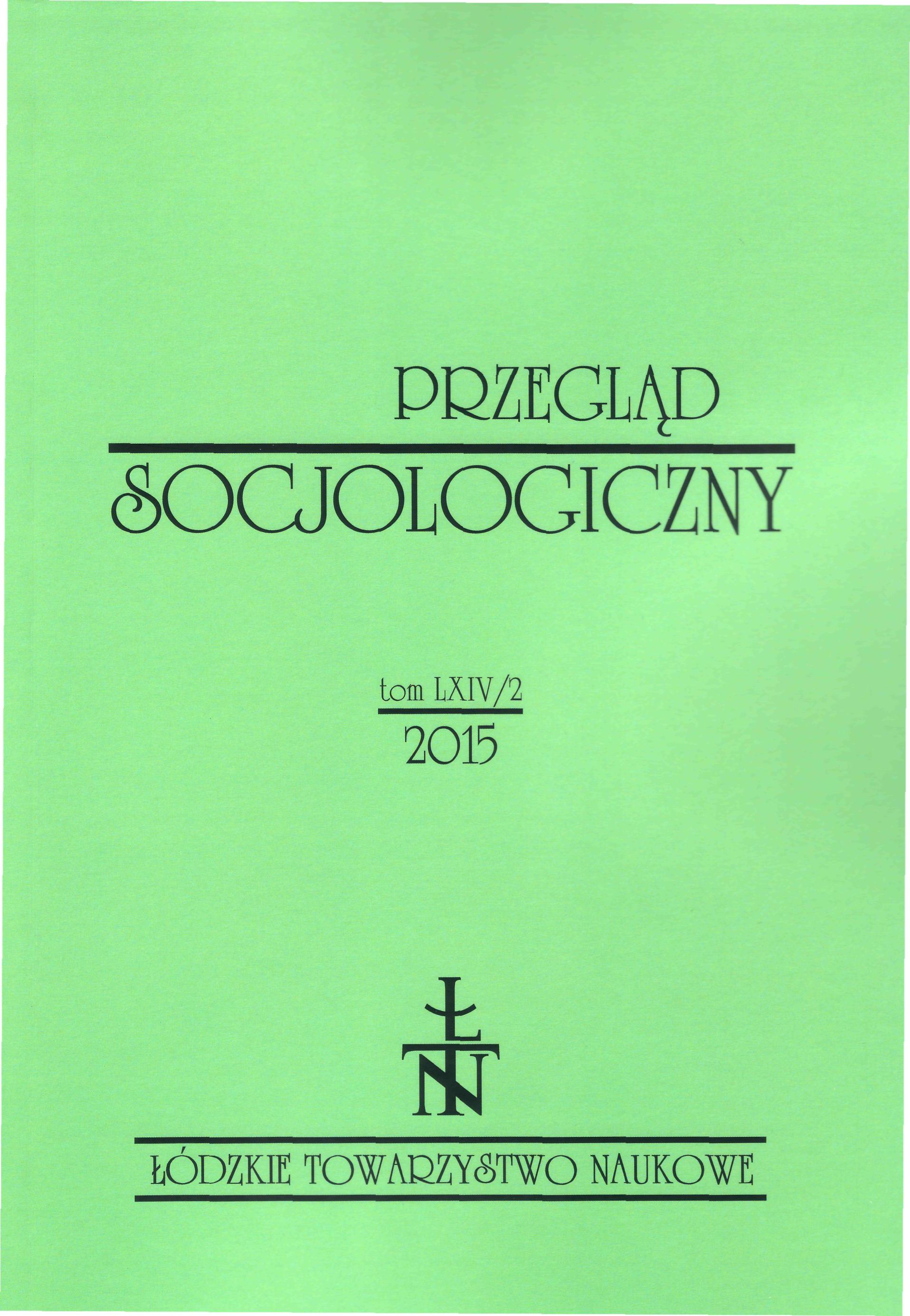Modernizacja kulturowa i psychologiczna jako ideologia inteligenckiej hegemonii
Cultural and psychological modernization as an ideology of the intelligentsia’s hegemony
Author(s): Tomasz ZaryckiSubject(s): Social Sciences
Published by: Łódzkie Towarzystwo Naukowe
Keywords: intelligentsia; cultural capital; modernization; innovationism
Summary/Abstract: This article attempts to develop a critical view of a wide spectrum of modern media and academic discourses in Poland, which are characterized by their common assumption of the crucial role of “cultural”, “mental”, “historical”, and “psychological barriers”, seen as key impediments on the way towards the acceleration of Poland’s development. Alternatively, one can speak in this context about visions which are characterized by a belief that these are the spheres of culture and psychology which are the most likely platforms on which radical acceleration of country’s development can be take place. These visions are related to a wider set of tendencies characteristic of a considerable part of Polish social sciences, which can be seen as the “culturalization” and “psychologization” of images of social processes. These tendencies are coupled with marginalization of interpretations of social changes in terms of their political and economic dimensions. The growing popularity of the above-mentioned visions, which even refer to psychoanalysis, may be linked in a global dimension to the evolution of mechanisms of legitimization in the modern Western world, in particular to the rising importance of discourses individualizing images of the social world and naturalizing power relations through the ethics of private interest and choice. The active adaptation of these visions in Poland is interpreted in this article as an aspect of the process of the intelligentsia’s adaptation to changing structures and power relations on the global scale, whereas intelligentsia is understood here as a kind of peripheral elite and a substitute for an absent bourgeoisie, relying on the key role of cultural capital. The above-mentioned visions of cultural and mental barriers seem to fit very well into both the mechanisms of naturalization and legitimization of Poland’s dependence on the Western core, and at the same time into the mechanism of domination of the intelligentsia elite and its persistent influence on the key dimensions of social life in Poland.
Journal: Przegląd Socjologiczny
- Issue Year: 64/2015
- Issue No: 2
- Page Range: 45-68
- Page Count: 24
- Language: Polish

